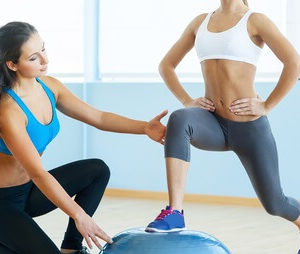Warming Up – How Long Should Your Warm Up Be?
Did You Know When it Comes to Warming up, Less is More?
Calgary Alberta based kinesiology researcher, Elias Tomaras suggests long warming up can kill your race performance. When you watch sprinters, speed skaters or cyclists before their race, you will find that they will often do one or two hours of warm-ups, including some high intensity training. He felt from an exercise physiology point of view that it seemed like it might be very tiring.
Many personal trainers and conditioning coaches believe that lengthy time invested warming up provides an increase in muscle temperature, increased anaerobic metabolism, acceleration of oxygen uptake kinetics, and a process called post-activation potentiation of the muscles.
Quality Research is Not Available to Identify the Optimal Warm-Up
Mind you, very little has been researched on whether warm ups have a detrimental effect on muscle fatigue or performance. Various theories are practiced by coaches, and few quality research is available to identify the optimal warm-up.
Athletes Should Lower Their Intensity
This study learned that athletes should lower their intensity and reduce the amount of time that they warm up to reduce muscle fatigue. The test involved top sprint cyclists practicing a warm-up. The warming up lasting about 50 minutes, with an increasing intensity ranging from 60 to 95% of their maximum heart rate. Then ending with a few flat out sprints. The experimental warm-up was much shorter distance, that of 15 minutes, and was performed at a far lower intensity, ending with just a single sprint. A variety of tests following each warm-up allowed researchers to measure the athlete’s power output and fatigue.
Shorter Distance Warm-Up Resulted in Less Muscle Fatigue
What they found was that the shorter distance warm-up resulted in far less muscle fatigue and a peak power output that was 6.2% higher. The results turned out to be a substantial improvement for an elite athlete. Ultimately they advise personal trainers and conditioning coaches of sprint athletes to start adopting a shorter and less strenuous effort when warming up to achieve optimum performance.
Adopt a Shorter and Less Strenuous Warming Up For Optimum Performance
Ref: https://jap.physiology.org/content/early/2011/04/28/japplphysiol.00253.2011


